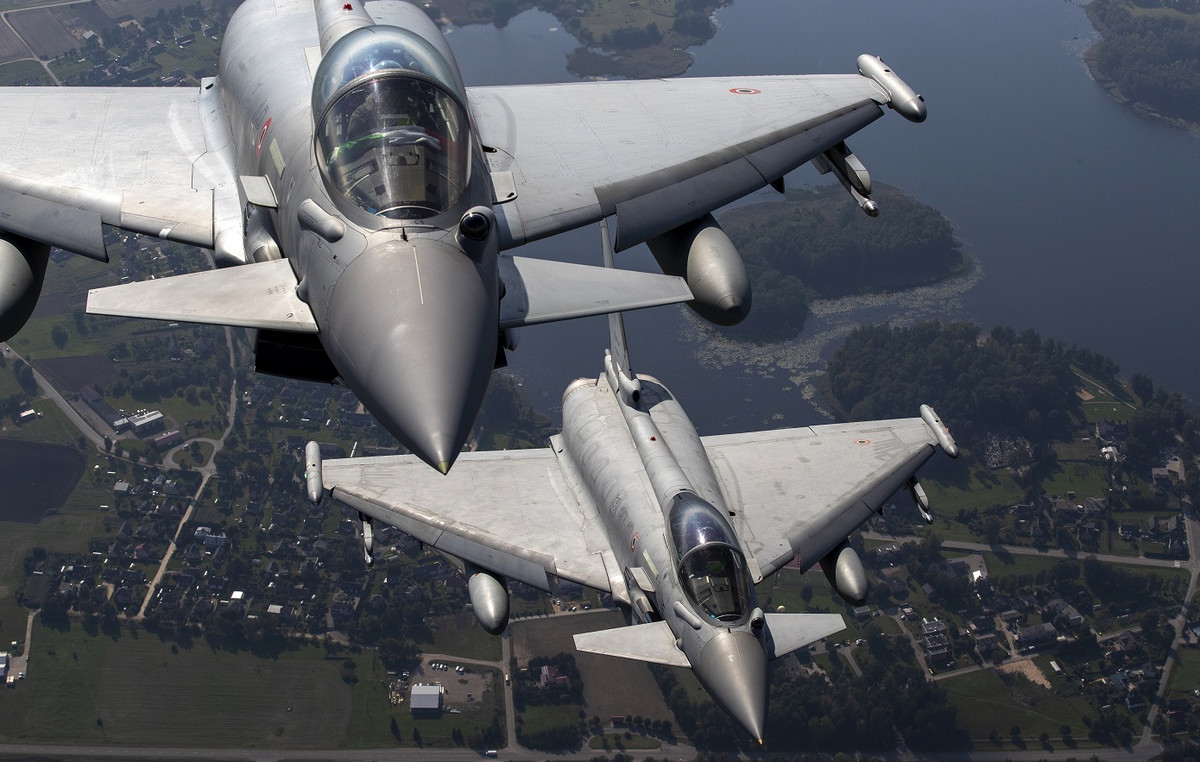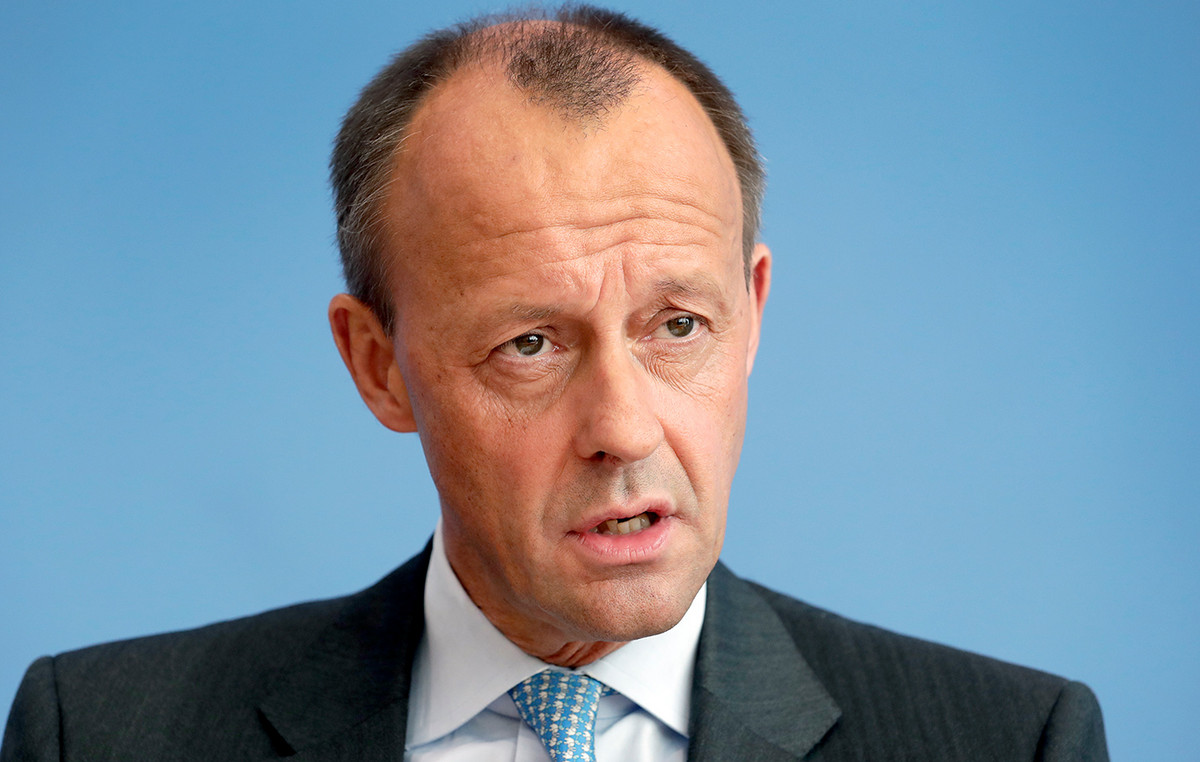The European Union has agreed to a price cap of US$60 per barrel on Russian oil, paving the way for the G7 to launch the mechanism next Monday (5), according to diplomats.
The EU deal followed a last-minute resolution tabled by Poland to lower the cap, which the European Commission had originally proposed at between $65 and $70 a barrel.
Context
G7 nations have proposed a milder version of the EU ban to keep oil supplies to the global economy stable, as Russia supplies 10% of the world’s oil as of Monday.
He proposed that the EU and other global customers continue to buy Russian oil, but only if its price is at or below the level agreed by the G7. That would reduce the Kremlin’s revenue.
The G7 has proposed a cap of $65-70 a barrel, but Poland and some others argue that this won’t hurt Moscow because Russian oil is already trading below that range at $63.50.
With Russian production costs estimated at around $20, Moscow makes a huge profit from its oil exports. Poland, Lithuania and Estonia have been pushing for a price cap of US$30 per barrel.
“The Poles are totally adamant about the price without suggesting an acceptable alternative,” said the EU diplomat. “Clearly there is growing irritation with the Polish position.”
Malta, Cyprus and Greece were concerned the G7 cap proposal was too low, hurting their big shipping industries, but diplomats said they had won some concessions in the legal texts and were no longer an obstacle to a deal.
The idea of imposing the G7 limit is to prohibit shipping, insurance and reinsurance companies from handling cargoes of Russian oil worldwide unless it sells for less than the price set by the G7 and its allies.
As the world’s leading shipping and insurance companies are in the G7 countries, the price cap would make it very difficult for Moscow to sell its oil at a higher price.
Source: CNN Brasil
A journalist with over 7 years of experience in the news industry, currently working at World Stock Market as an author for the Entertainment section and also contributing to the Economics or finance section on a part-time basis. Has a passion for Entertainment and fashion topics, and has put in a lot of research and effort to provide accurate information to readers.







